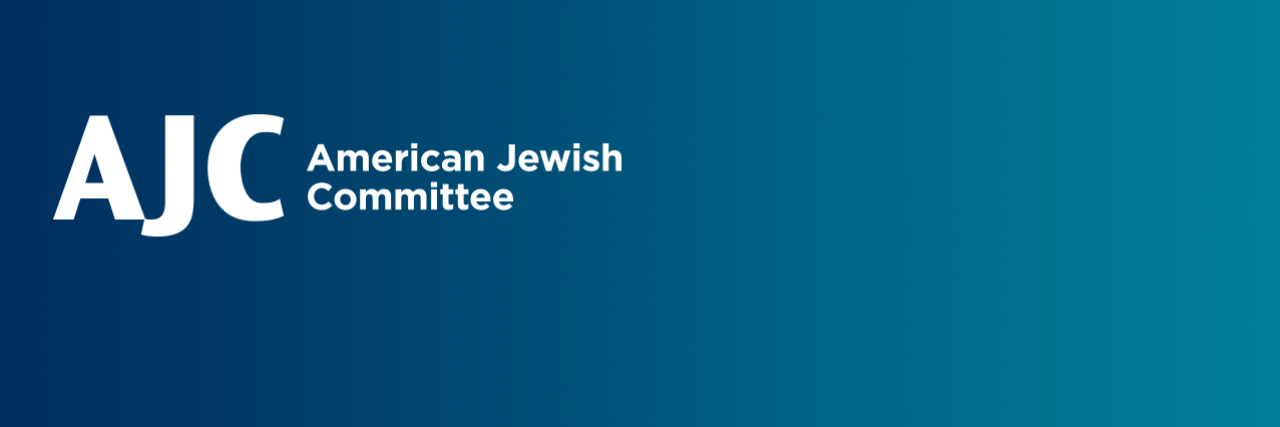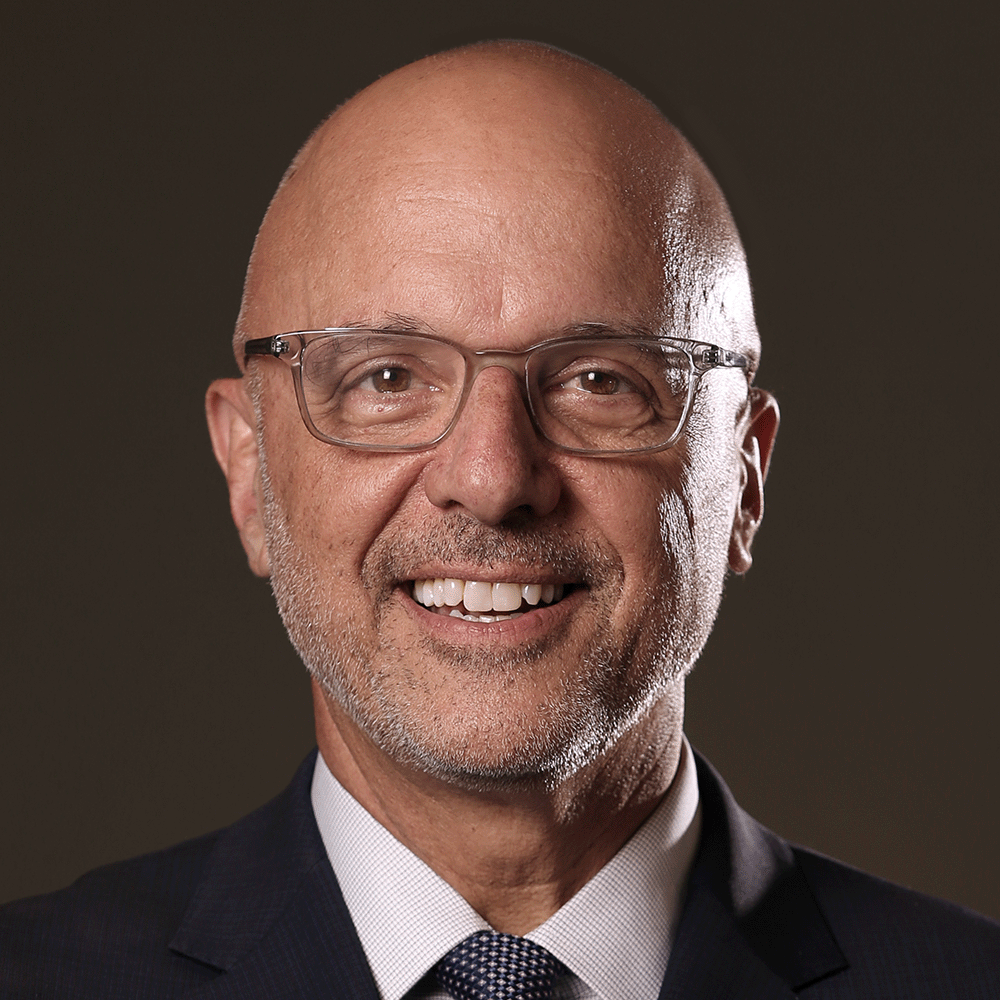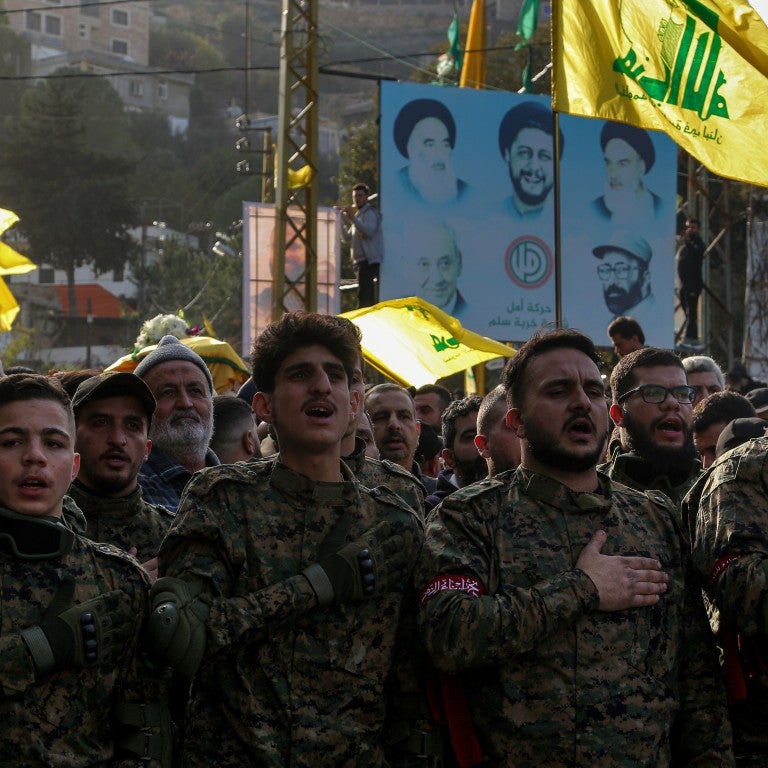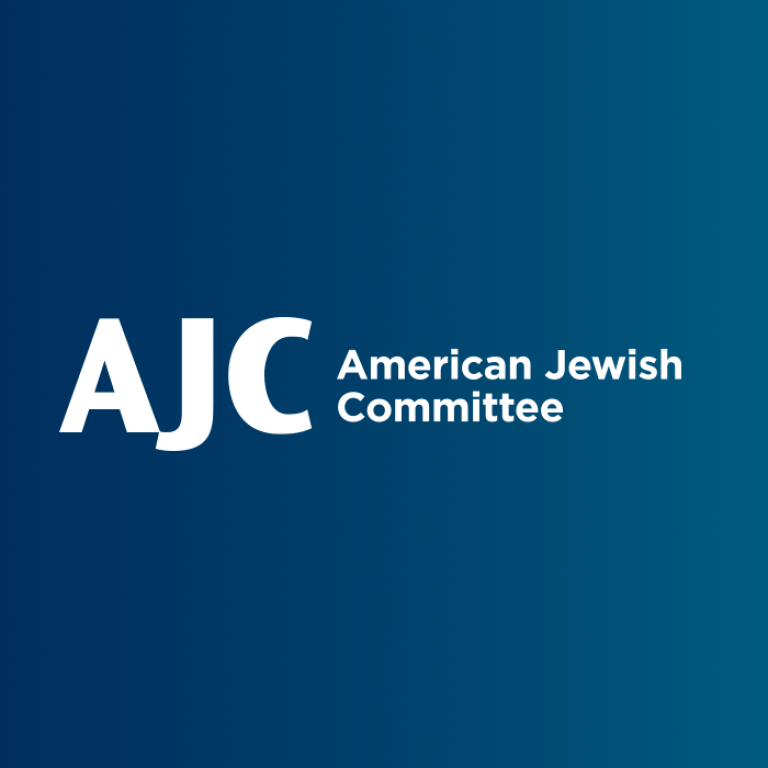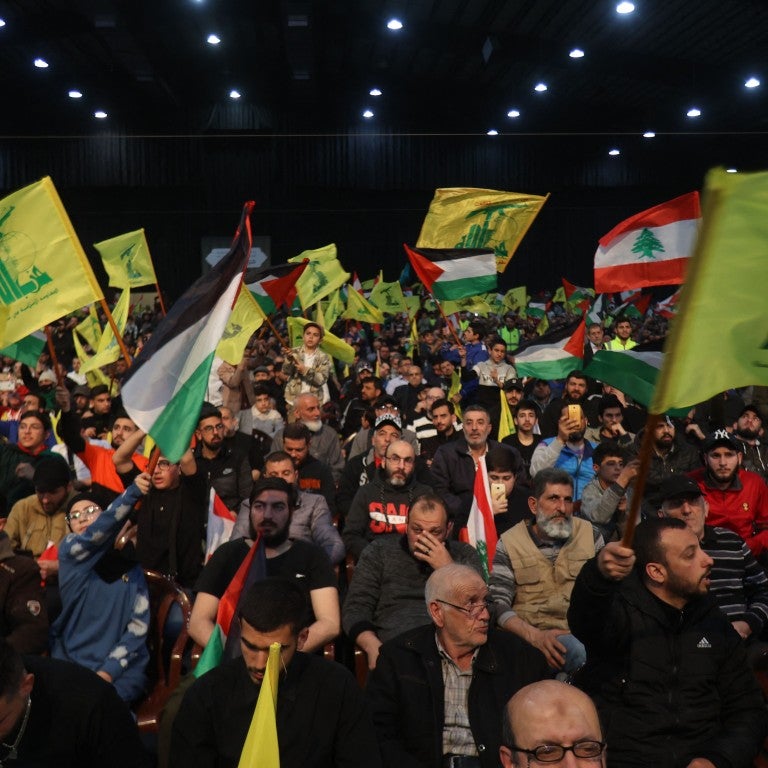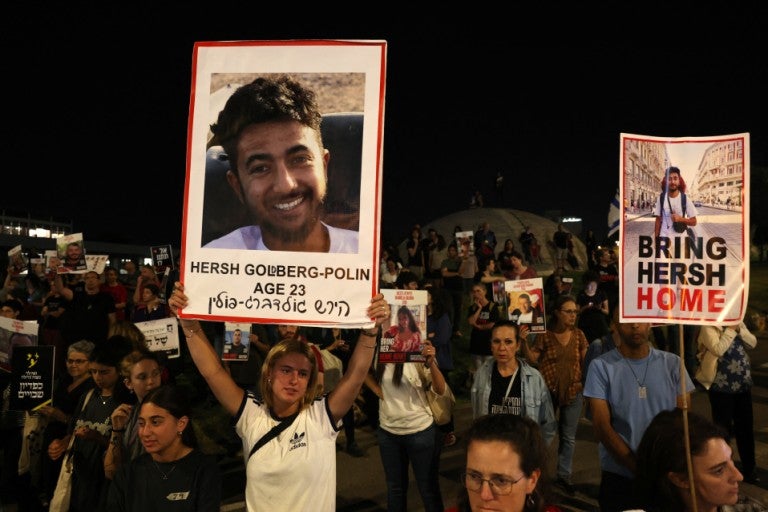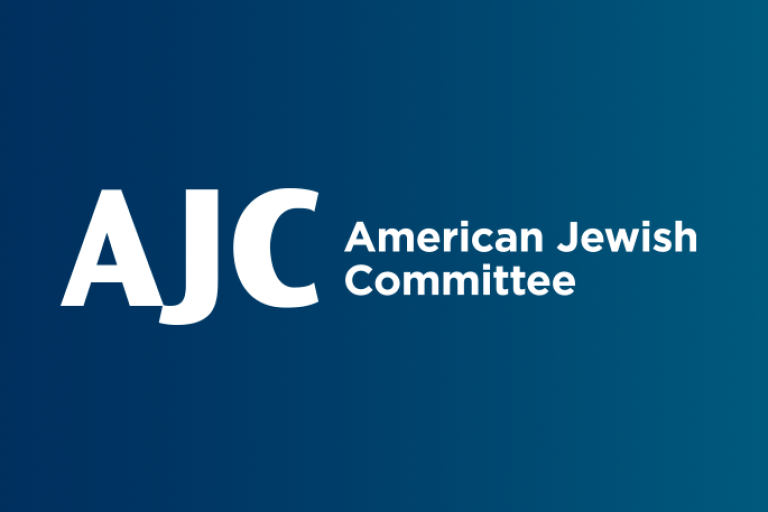September 15, 2024
This piece originally appeared in the South Florida Sun Sentinel.
All across the country and around the world, the Jewish community gathered earlier this month in profound grief and solidarity to honor the memory of those taken from us by an act of pure evil committed by Hamas terrorists. We stood together, united in our sorrow and determination, that the lives of Hersh Goldberg-Polin, Eden Yerushalmi, Carmel Gat, Almog Sarusi, Alex Lubnov and Ori Danino will not be forgotten, and that no other living hostage will meet the same fate.
But as we mourn, there is a question lingering painfully in our hearts — a question being asked in Jewish homes, synagogues and communities across America: Where is the outrage? Where is the collective, universal and unequivocal condemnation for the brutal murder of an innocent American citizen — Hersh Goldberg-Polin — at the hands of terrorists? Why, in a world that so often rallies for justice, has the death of one of our own not provoked the outcry it so desperately and rightfully deserves?
Hersh’s life, like the lives of every one of the innocent souls ruthlessly murdered by Hamas, was precious, yet the urgency to demand justice for him and the other hostages has been disturbingly absent. As we remember the more than 35 American citizens killed by Hamas since Oct. 7 and our fellow Americans that these terrorists continue to hold hostage, we can’t help but feel abandoned by many of our peers, coworkers, leaders and the international community. It’s agonizing to say this, but it feels — painfully — as though Jewish lives are being valued less.
Seven Americans are still held captive by Hamas, yet too many do not know their names: Edan Alexander, Sagui Dekel-Chen, Omer Neutra, Keith Siegel, Itay Chen, Judith Weinstein Haggai and Gadi Haggai.
Our voices can help bring them and the 94 other hostages home. We must continue to share their stories. We must put and keep the hostages front and center of the world’s mind. But the Jewish community cannot do this alone. And so I ask, again, where is the outrage?
After Iranian students stormed the U.S. embassy in November 1979, taking 50 Americans hostage for 444 days, there was an unshakable feeling of unity, that all those being held were part of this American family and we would not rest until they were home. The same should be true today. It should not matter where they live or where they were when taken hostage. What makes Hersh, Edan, Sagui, Omer, Keith, Itay, Judith and Gadi any less worthy?
The horrific murder of Hersh, Eden, Carmel, Almog, Alex, and Ori after 330 days in captivity is a stark reminder that the pain of Oct. 7 is just as fresh today as it was on Oct. 8. Yet, many of us in the Jewish community have not had the space or time to grieve because we have been forced to fight to convince the world that Jewish lives, that Israeli lives, should be valued as much as any other. That the fight for the hostages is not a Jewish issue, or an Israeli issue, but a global humanitarian issue.
It is hard to understand why every world leader — and especially those whose citizens are still being held hostage by Hamas: Argentina, Austria, Bulgaria, Canada, Colombia, Denmark, France, Germany, Hungary, Nepal, Poland, Portugal, Romania, Russia, Serbia, Tanzania, Thailand, the U.K., Ukraine and the U.S. — is not doing absolutely everything in their power to bring them home.
Why hasn’t the United Nations unequivocally condemned Hamas for these murders? For the atrocities of Oct. 7? For continuing to hold 101 hostages? Why hasn’t every member state demanded that this terror organization unconditionally release them? Where is the condemnation of Iran for its role in financing and arming these evil terrorists?
How is it that chants of “resistance by any means necessary,” the glorification of terrorists like Yahya Sinwar, and the parading of Hamas and Hezbollah flags in our streets are not roundly condemned as abhorrent and morally repugnant? In a subway car full of people, why doesn’t one New Yorker speak up as a stranger berates a Jewish passenger, calling him a “rapist” and “genocider,” just for wearing a yarmulke? Where is the concern for Jewish students returning to campus who are targeted for gathering at Hillel or called slurs on their way to class? Why is Jewish pain still simply brushed aside?
As appalling and hurtful as the words and images glorifying terrorism are, it’s the silence that’s most chilling.
As Elie Wiesel once wrote: “Silence encourages the tormentor, never the tormented.” The tormentors — Hamas terrorists in Gaza and their supporters in the United States — hate Israel, they hate Jews, and they hate America. It’s past time to stop encouraging them.
